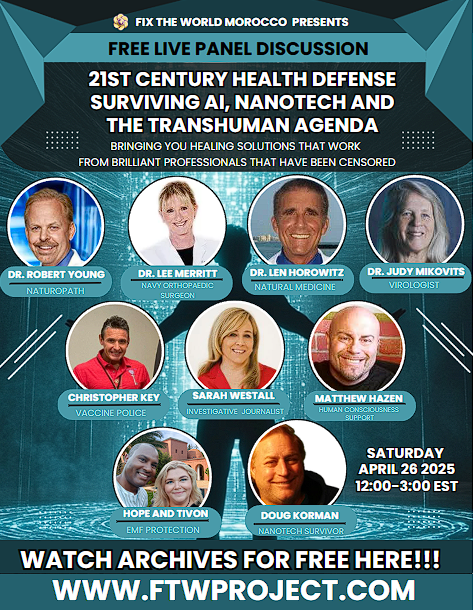The latest from Forbes tells us just how much of a threat they feel people doing their own research can be. Take a look for yourself on what Forbes really thinks about inquiring minds during the COVID pandemic.
Source: https://www.forbes.com/sites/startswithabang/2020/07/30/you-must-not-do-your-own-research-when-it-comes-to-science/#79997b38535e
I covered this story in my new video you can watch here on Brighteon:
“Research both sides and make up your own mind.” It’s simple, straightforward, common sense advice. And when it comes to issues like vaccinations, climate change, and the novel coronavirus SARS-CoV-2, it can be dangerous, destructive, and even deadly. The techniques that most of us use to navigate most of our decisions in life — gathering information, evaluating it based on what we know, and choosing a course of action — can lead to spectacular failures when it comes to a scientific matter.
The reason is simple: most of us, even those of us who are scientists ourselves, lack the relevant scientific expertise needed to adequately evaluate that research on our own. In our own fields, we are aware of the full suite of data, of how those puzzle pieces fit together, and what the frontiers of our knowledge is. When laypersons espouse opinions on those matters, it’s immediately clear to us where the gaps in their understanding are and where they’ve misled themselves in their reasoning. When they take up the arguments of a contrarian scientist, we recognize what they’re overlooking, misinterpreting, or omitting. Unless we start valuing the actual expertise that legitimate experts have spent lifetimes developing, “doing our own research” could lead to immeasurable, unnecessary suffering.
Let’s start with a simple, low-stakes example: fluoridated drinking water. On the one hand, fluoride is a simple ion that shows up in various concentrations, including naturally through calcium fluoride, in bodies of water all across the world. When humans ingest too little of it, particularly at a young age, it leads to weakened tooth enamel and greater rates of cavities; when humans ingest too much of it, it leads to tooth discoloration and various severities of dental fluorosis. In extreme cases, significantly too much or too little fluoride can also lead to other problems, such as osteoporosis (with too little) or skeletal fluorosis (with too much).
In most places in the United States and Canada, our drinking water is fluoridated at a specific level that’s safe and effective for humans of all ages. In places like Colorado Springs, CO, significant amounts of fluoride are removed from the water, bringing the levels down to acceptable values; in other places, like New York City, NY, fluoride is added to bring the levels up to acceptable values. Controlling the fluoride levels of water is a safe and effective public health intervention, reducing dental caries in children by 40% where it is implemented versus places where it isn’t implemented.
Learn about EMF Protection
http://ftwproject.com/special-offers

Get our Book Forbidden Tech
https://www.forbiddentech.website/














